The Ministry of Health is implementing a pilot project to purchase HIV/AIDS prevention services provided by social organizations in nine provinces and cities, in the context of international funding cuts for these activities.
Accordingly, the pilot project on purchasing HIV/AIDS prevention services provided by social organizations is being implemented by the Department of HIV/AIDS Prevention (Ministry of Health) in coordination with partners in 9 provinces, including: Nghe An, Tay Ninh, Dong Nai, Tien Giang , Can Tho, Kien Giang, Binh Duong, Hai Phong and Dien Bien. After that, the Ministry of Health will summarize and proceed to be able to make purchases with social organizations using domestic budget sources.
On August 31, Dr. Vo Hai Son, Deputy Director of the Department of HIV/AIDS Prevention and Control (Ministry of Health ), said that in the past, the activities of social organizations (or community-based groups) were largely funded by international organizations. However, since 2014, organizations have cut funding for HIV/AIDS prevention and control in our country, moving towards ending support. Therefore, Vietnam needs to learn from the experiences of other countries to maintain, replicate and create conditions for social organizations to continue providing epidemic prevention and control services through the form of purchasing epidemic prevention and control services provided by social organizations (referred to as social contracts).
A social contract in HIV/AIDS prevention and control is a legally binding contract between a representative of a state unit (Party A) and a non-state unit - a social organization (Party B), through which Party A pays Party B to provide the requested services at an agreed cost.
"Social organizations are an irreplaceable group in finding and detecting new infections and intervening in HIV prevention in the context of the current uncontrolled epidemic," Mr. Son said, adding that community-based organizations play a very active role in HIV/AIDS prevention. According to estimates, social organizations can contribute 25-50% in providing some HIV/AIDS prevention and control services.

A representative of a social organization in Dong Nai provides HIV/AIDS prevention services to customers. Photo: Department of HIV/AIDS Prevention
Mr. Son analyzed that social organizations have many advantages over the health system in accessing and providing some epidemic prevention and control services. Because community organizations are often insiders, they understand their group, so they can easily approach to communicate, advise and provide services. They can go to the community to meet the target audience to distribute syringes, condoms or tests.
Some HIV services that social organizations provide through social contracts include: Providing and instructing on the use of condoms, syringes, and lubricants to prevent HIV infection; introducing clients to treatment for opioid addiction with replacement drugs (Methadone).
They also reach out, communicate, counsel, test for HIV in the community and refer people with positive HIV test results to medical facilities for confirmation testing; connect people with positive HIV test results to ARV treatment facilities; and support adherence to 3-month treatment.
Currently, many countries in the world have used the form of social contracts to mobilize social organizations to participate in providing HIV/AIDS prevention services such as India, Malaysia, Thailand, China, Indonesia, Philippines, Mexico, Barbados, Dominican Republic... International experience also shows that without domestic resources, social organizations will not be able to continue to participate in providing essential services.
"If we do not continue to use social organizations, we will waste an experienced human resource and Vietnam will not be able to move towards ending the AIDS epidemic in Vietnam by 2030," Mr. Son said.
Over the past years, Vietnam has comprehensively implemented epidemic prevention interventions, gradually controlling HIV on all three criteria: the number of newly discovered HIV infections has decreased; the number of people progressing to AIDS and the number of AIDS-related deaths have decreased. Statistics show that, over the past 20 years, the country has prevented approximately 900,000 people from being infected with HIV and 250,000 people from dying from AIDS.
Le Nga
Source link


![[Photo] President of the Cuban National Assembly visits President Ho Chi Minh's Mausoleum](https://vphoto.vietnam.vn/thumb/1200x675/vietnam/resource/IMAGE/2025/10/1/39f1142310fc4dae9e3de4fcc9ac2ed0)

![[Photo] Keep your warehouse safe in all situations](https://vphoto.vietnam.vn/thumb/1200x675/vietnam/resource/IMAGE/2025/10/1/3eb4eceafe68497989865e7faa4e4d0e)

![[Photo] Hanoi morning of October 1: Prolonged flooding, people wade to work](https://vphoto.vietnam.vn/thumb/1200x675/vietnam/resource/IMAGE/2025/10/1/189be28938e3493fa26b2938efa2059e)



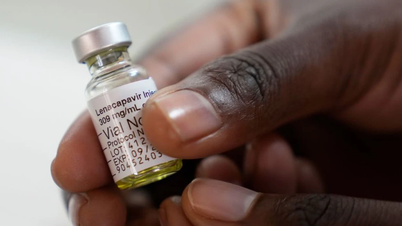




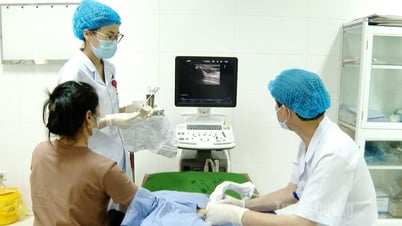





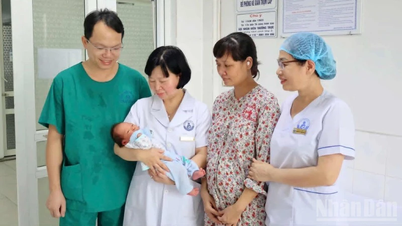





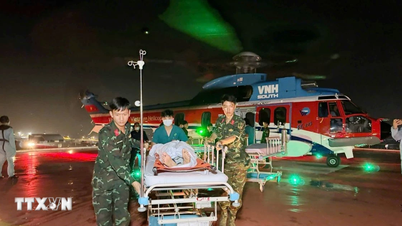

















































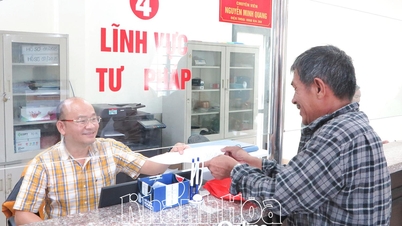
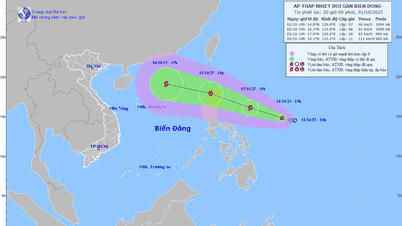
















Comment (0)